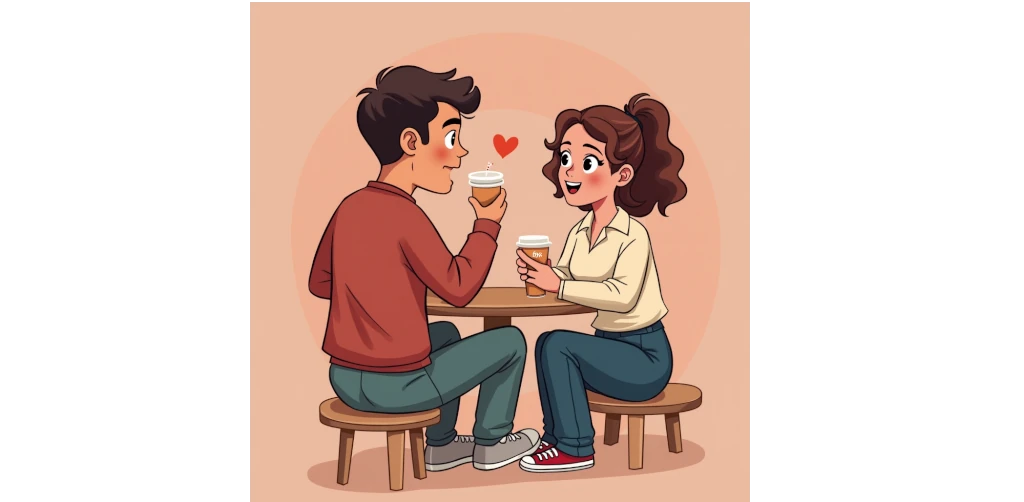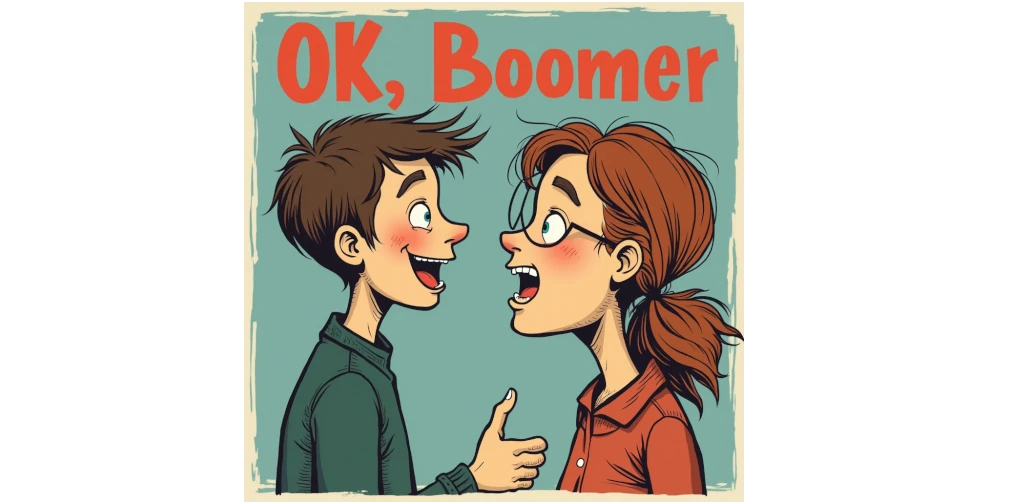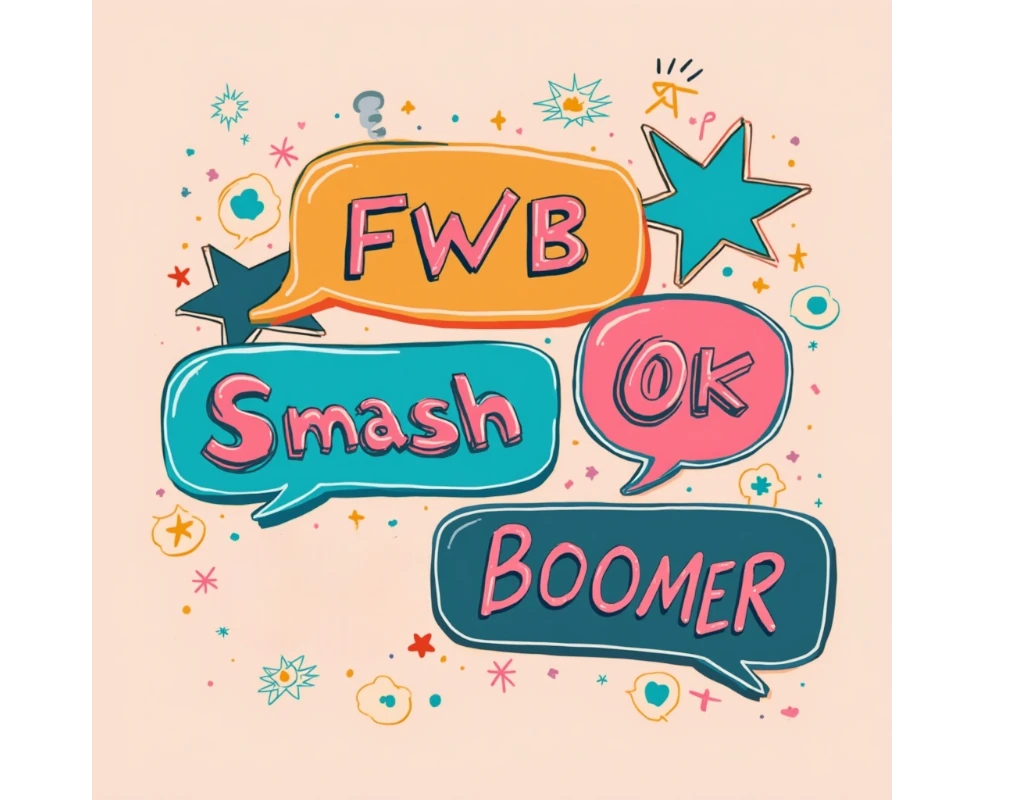Understanding the terminology of modern teens is important for parents in this digital age. Some slang words, such as “FWB,” “smash,” and “OK boomer,” are more than just hip and cool; they can set the stage for how kids are going to communicate and relate to each other. Let’s decipher these popular sayings so that parents may understand their teens and close the generation gap. Herewith, we explain the meaning of these words:
1. FWB - Friends With Benefits

What’s the terminology? FWB stands for a relationship similar to a love affair, where there is no commitment, and yet two people keep sexual relations. It denotes closeness on a physical level and preserves some aspects of friendship.
When do kids use it? It’s possible that “fwb” is utilized by teens and young adults when speaking about their love affairs. It has to do with how young people these days date through apps and social media.
This is a hazardous position for kids: The in-depth emotional involvement may lead to complications, misunderstandings, or even risks like STIs. Youth might not consider how such an arrangement may affect them over their lives.
2. smash

What’s this slang? Well, “smash” here is a slang expression that means having sex or sexual intercourse. It’s casual, almost non-committal usage.
When do children use it? The term is used by teenagers and youth, generally in casual conversation, while talking about issues related to dating and sexual experiences.
Hazardous position of the children: The casualty of the term may trivialize and trivialize sexual relations; thus, youngsters may not take seriously the emotional and physical implications of their actions.
3. OK Boomer

What’s the slang? “OK, Boomer” is what young people say to dismiss or tease attitudes coming from the Baby Boomer generation on topics such as technology, social change, or cultural differences.
When do kids use it? It comes into play in online discussions, on social media, and among peers, a reflection of a generational divide between opinions and values.
Dangerous position for kids: though this may sound funny, using this phrase might lead to disrespect to the older generation and create misunderstandings. It may not allow open discussions of important issues.
How Parents Can Protect Their Children
Parents can also help the kids comprehend and apply the slang words correctly. This can be done through the following;
Open Communication: Relationships and sexuality will be discussed, but ensuring that consent and emotional preparedness are not compromised.
Explain Consequences: Discussing any potential consequences of a casual relationship, both emotionally and physically, it is important to take necessary precautions.
Encourage intergenerational respect by fostering respectful discussion of points of difference. Discuss the importance of learning from and appreciating generational differences rather than making light of them.
By communicating openly and educating them, parents can also help their children navigate such difficult social landscapes much more safely and thoughtfully.


Comments